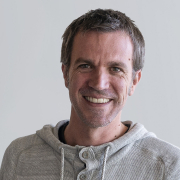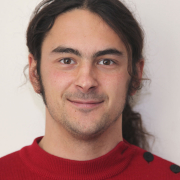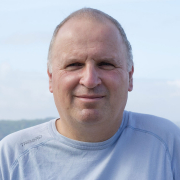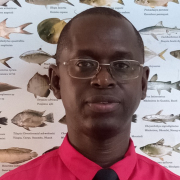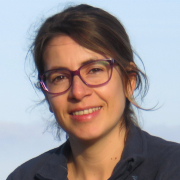Copyright : Laboratoire LEMAR- 2018
Yoann THOMAS
International
Interface Lefe/EC2CO
CNRS INSU
Start Date
07/04/2025
End Date
07/04/2025
This project aims to assess, in a context of climatic and anthropogenic pressures, the impact of environmental variability on the growth, reproduction and recruitment performance of bivalve populations exploited by women’s communities in the inverted delta of the Sine-Saloum (Senegal). The study of this coastal ecosystem, at the interface between continent and ocean, requires a joint approach to the processes governing the interactions between these systems (matter flows, hydrodynamics, population biology, etc.). To address such cross-cutting issues in a coordinated manner, this project is highly interdisciplinary, involving physics, bio-geochemistry and biology. Especially, it will describe the multi-scale spatial and temporal variability of biotic and abiotic environmental factors, and relate this variability to the demographic structure of bivalve populations and their growth, reproduction and recruitment performance. Measurement will be performed at three key periods of the seasonal cycle: at the end of dry and wet periods and in upwelling period, using two types of approaches: (1) along radials to provide a synoptic view of the environment and (2) at fixed points (extended stations to long-term monitoring) to assess their temporal dynamics. Fishermen communities will be involved in the implementation of field work. The VERTIS project will provide new knowledge on the integrated functioning of an ecosystem that is still largely unknown. All the information collected will make it possible to lay the foundations for the development of biophysical models (i.e. hydrodynamic model, biogeochemical model, bivalve population dynamics). This objective is necessary for the implementation of scenarios of changes in the environment and anthropogenic pressures. It is an essential element for the sustainable management and development of the exploitation of the benthic resources.
Laboratory Members
Contributors
Malick Diouf (UCAD-IUPA)
Xavier Capet (CNRS-LOCEAN)
Eric Machu (IRD-LOPS)
Babacar Sané (UCAD-IUPA)

